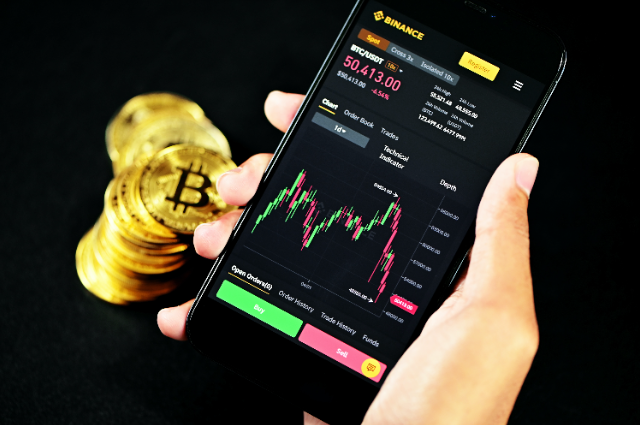
Photo by Kanchanara on Unsplash
In the rapidly evolving landscape of digital finance, cryptocurrencies have emerged as a revolutionary force, challenging traditional financial systems and offering new possibilities. As the popularity of cryptocurrencies continues to soar, so does the need for robust cybersecurity measures. In this article, we delve into the critical role of cybersecurity in safeguarding the integrity, confidentiality, and availability of cryptocurrencies.
Securing Digital Assets:
Cryptocurrencies are decentralized digital assets that rely on blockchain technology to ensure transparency and immutability. However, this very technology also makes them susceptible to cyber threats. The decentralization that provides resilience against centralized control becomes a vulnerability when it comes to security. Cybersecurity plays a pivotal role in protecting digital assets from unauthorized access, theft, and manipulation.
Preventing Unauthorized Access:
One of the primary concerns in the world of cryptocurrencies is unauthorized access to wallets and exchanges. Cybersecurity measures such as robust authentication protocols, encryption, and secure key management systems are essential in preventing unauthorized individuals from gaining control over private keys, the cryptographic codes that grant access to digital wallets. Without these measures, users risk losing their digital assets to malicious actors.
Defending Against Hacks and Breaches:
Cryptocurrency exchanges, being central points of trade, are prime targets for hackers seeking to exploit vulnerabilities. Cybersecurity practices like penetration testing, regular security audits, and the implementation of advanced intrusion detection systems are crucial in fortifying these exchanges against cyber attacks. A breach in an exchange not only jeopardizes the assets of individual users but can also have cascading effects on the overall trust in the cryptocurrency ecosystem.
Ensuring Smart Contract Security:
Smart contracts, self-executing contracts with the terms of the agreement directly written into code, are a fundamental component of many blockchain platforms. However, flaws in smart contract code can be exploited by attackers. Cybersecurity measures, including code audits and formal verification processes, are imperative to identify and rectify vulnerabilities in smart contracts. Failing to secure smart contracts can lead to financial losses and erode trust in the underlying blockchain network.
Protecting Against Phishing and Social Engineering Attacks:
As with any digital asset, human error remains a significant risk factor. Phishing attacks, where malicious actors attempt to trick users into revealing sensitive information, and social engineering attacks, where attackers manipulate individuals into taking certain actions, pose serious threats to cryptocurrency users. Cybersecurity education, multi-factor authentication, and the implementation of secure communication channels are essential to mitigate the risks associated with these types of attacks.
Regulatory Compliance and Cybersecurity:
The intersection of cryptocurrencies and regulatory frameworks adds another layer of complexity to cybersecurity. Compliance with evolving regulations is vital for the legitimacy and sustainability of cryptocurrency projects. Cybersecurity measures must align with regulatory requirements to ensure that cryptocurrency platforms operate within legal boundaries and protect user data in accordance with privacy laws.
Addressing the Threat of Quantum Computing:
As technology advances, the looming threat of quantum computing poses a unique challenge to the cryptographic algorithms that underpin cryptocurrencies. Cybersecurity efforts must anticipate and prepare for the advent of quantum computers capable of breaking existing encryption standards. Transitioning to quantum-resistant cryptographic algorithms is a crucial step in future-proofing the security of cryptocurrencies.
Common methods used by cybercriminals:
- Phishing
- Third-party applications
- Cracked registration form
- Send malware by mail
Some security measures to keep our account safe:
- If we receive an email about our crypto balance, please verify the email first
- Check device security before signing in to this device.
- Use a high level of security such as two-factor authentication
- Always consult your advisor.
In conclusion, the role of cybersecurity in the realm of cryptocurrencies cannot be overstated. The decentralized and digital nature of these assets demands a proactive approach to identifying and mitigating potential threats. Whether it's protecting against unauthorized access, securing smart contracts, or addressing emerging technological challenges, robust cybersecurity practices are essential for fostering trust, ensuring stability, and propelling the continued growth of the cryptocurrency ecosystem. As the digital landscape evolves, so must our commitment to cybersecurity to safeguard the future of finance in the decentralized era.
